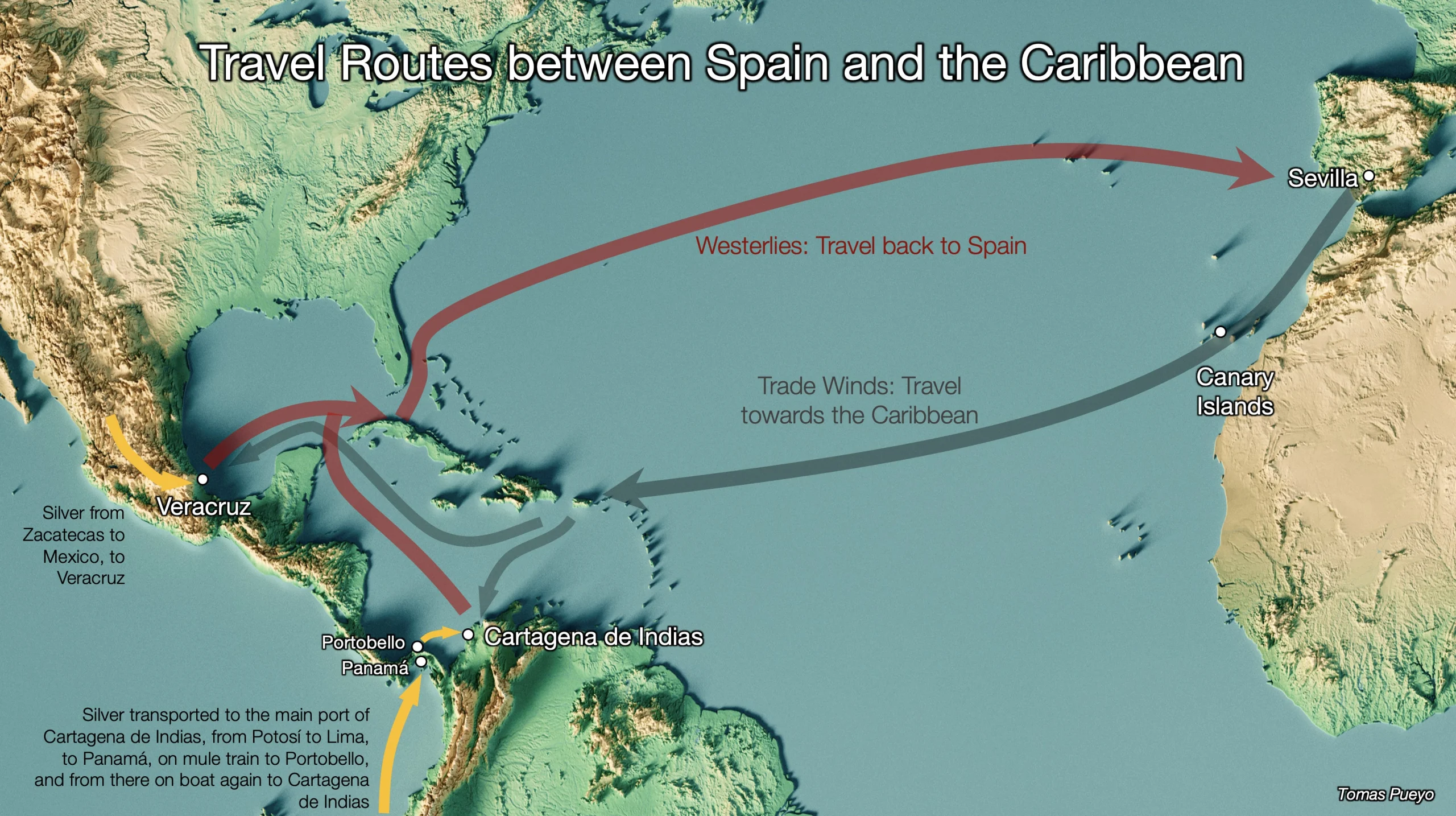Colonial histories have long influenced the political, social, and economic fabric of nations bordering the Atlantic. Recent research uncovers new perspectives that challenge traditional narratives and highlight overlooked experiences. These findings shed light on the complexity of interactions between colonizers and indigenous populations. Furthermore, they explore the lasting impacts on cultural identity, governance, and economic development. By re-examining archives and incorporating oral histories, scholars provide a more nuanced understanding of the region’s past. This approach emphasizes the diversity of experiences rather than a singular colonial story. Consequently, these insights contribute to ongoing discussions about heritage, reconciliation, and regional cooperation.
Colonial Histories Reveal Complex Social Dynamics
New studies illustrate how social structures evolved under colonial rule, often blending imposed systems with local traditions. Such hybridization created unique social orders that shaped communities differently than previously thought. For instance, some indigenous groups adapted governance models to maintain autonomy within colonial frameworks. This adaptation challenges the notion of complete domination.
In addition, the role of marginalized groups gains greater recognition. Women, enslaved individuals, and mixed-race populations influenced cultural and political developments. Their contributions, long underrepresented, offer valuable perspectives on resistance and survival. As research progresses, these stories surface, enriching the broader historical narrative.
Economic interactions also appear more intricate. Beyond extraction and exploitation, there were exchanges of knowledge, technology, and goods among various populations. These networks facilitated cultural diffusion and economic resilience. At the same time, inequalities persisted, shaping disparities that extend into the present.
The impact of religion and education in colonial societies emerges as a key factor. Missionary activities often sought to reshape belief systems while simultaneously providing literacy and schooling. This dual role fostered both cultural transformation and resistance. Communities negotiated these influences in diverse ways, revealing adaptive strategies.
Overall, these complex dynamics challenge simplified interpretations of colonial history. They call for multi-dimensional analyses that consider a range of social, economic, and cultural factors. This broader approach encourages historians and policymakers to rethink legacies and address ongoing challenges.
Modern Implications of New Colonial Research
Understanding these revised perspectives influences current policies and societal attitudes. Governments and institutions increasingly incorporate historical awareness into education and cultural preservation. Such efforts aim to promote inclusivity and acknowledge past injustices.
Moreover, these insights inform diplomatic relations among Atlantic countries. Shared histories create opportunities for collaboration on heritage projects and social programs. Dialogue based on mutual understanding can foster reconciliation and trust. This foundation supports stronger regional ties and joint development initiatives.
Economic policies also benefit from acknowledging historical context. Recognizing structural inequalities rooted in colonial times helps shape fairer trade and investment practices. Addressing such legacies proves essential for sustainable growth and social equity.
Finally, this research encourages community engagement. Local populations actively participate in documenting and preserving their histories. Oral histories and grassroots projects complement academic work, ensuring diverse voices are heard. This participatory approach enhances cultural pride and resilience.
In conclusion, new insights into colonial histories offer a more comprehensive view of Atlantic bordering countries. They reveal complexity, highlight marginalized perspectives, and inform modern challenges. Continuing to explore these themes remains vital for historical understanding and future progress.
